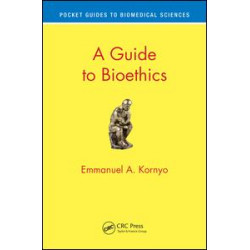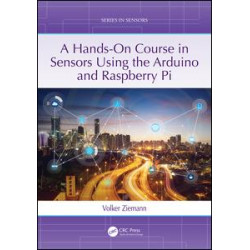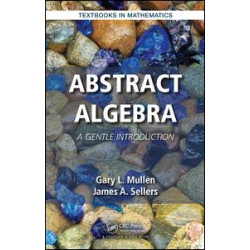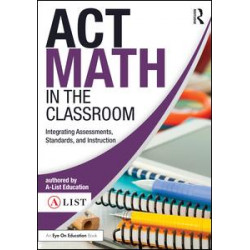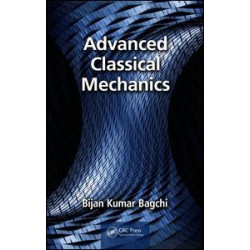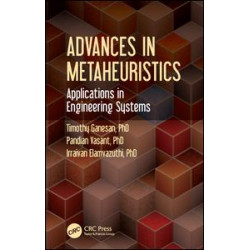
Each age has its value system of literary criticism whose construction is inseparable from the mainstream ideology of the society. In contemporary China, the mainstream ideology is inevitably Marxism.
This book is composed of two parts. The first part studies literary criticism in contemporary China whose development is closely related to the popularization of Marxism and the unavoidable collisions between Marxism and other theories. It also introduces some relevant critical debates, such as the debate on the criticism of Yu Pingbo, a representative and one of the authoritative scholars studying The Dream of the Red Chamber. In the second part, the author expounds the history of Chinese literature from a macro-level perspective, involving works, genres, ideologies, schools, etc. He also discusses the challenges facing Chinese literature under the background of economic globalization. Will politics, cultures, including literature and arts, be globalized? In addition, the author puts forward that a dynamic concept is needed for a better understanding of Chinese culture and gives his suggestions about the "adjustments" Chinese people should make for the present.
This book will attract scholars and students of literary criticism studies and Chinese literary studies. People who are interested in Chinese literature and thought will also benefit from this book.








